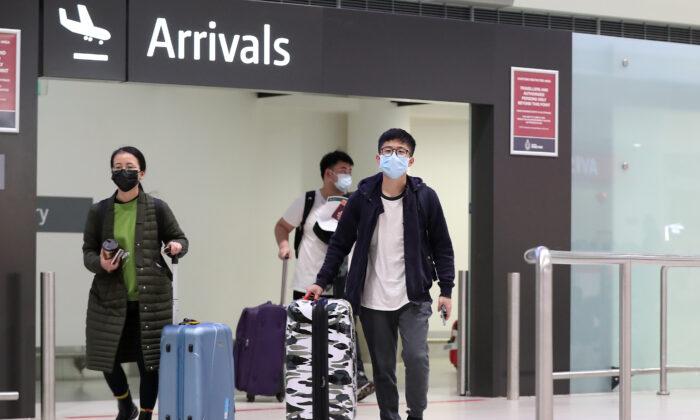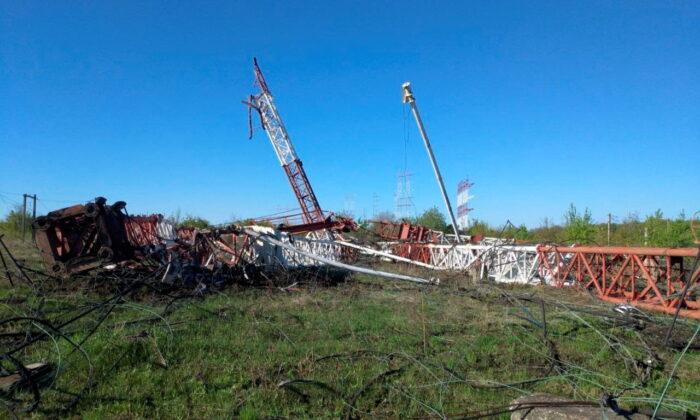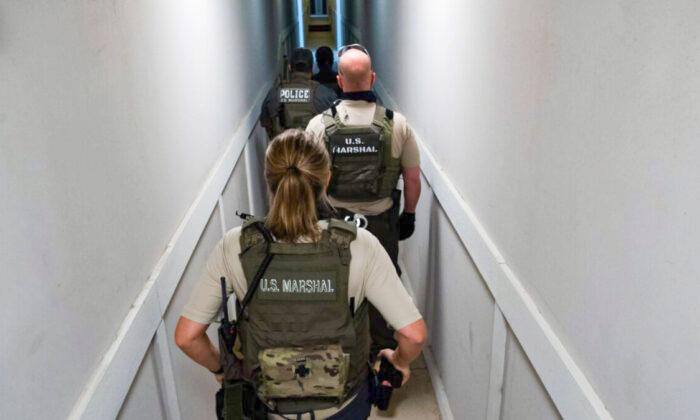Australia defended its decision to bar people from entering the country from mainland China until at least Feb. 22 amid the COVID-19 outbreak, saying the measure was implemented in the country’s best interest.
It urged the government to lift the ban as soon as possible, calling the measures an “overreaction,” as the World Health Organization (WHO) has not recommended travel or trade restrictions on China.
The entry restrictions on foreign nationals who have recently traveled to mainland China were due to be lifted on Saturday, Feb. 15. However, Morrison said the country would extend the ban for at least a further week to protect Australians amid the coronavirus outbreak.
“As always, our priority is to keep Australians safe,” Morrison said in a statement.
“Our first obligation is to act in the national interest,” he told reporters.
Australia’s Home Affairs Minister Peter Dutton said that while he understood Beijing’s concerns, the country must prioritize the health of its citizens.
An exception for the travel ban includes Australian citizens, permanent residents, and their immediate family members—spouses, legal guardians and dependents only. However, all travelers among this group will be required to self-isolate for 14 days upon arrival to Australia.
Morrison said the decision was made after the Australian Health Protection Principal Committee advised that the coronavirus outbreak in mainland China had not improved in the past two weeks. The restrictions will be reviewed again in one week.
“There is continuing and concerning growth of cases and mortality in Hubei province and further, though slower, growth in other regions of mainland China,” he said in a news release.
Nine of the 15 confirmed COVID-19 cases in Australia are in stable condition and six have been cleared.
Morrison added that the introduction of the border measures in Australia—among other arrangements—has proven effective in preventing the spread of the disease. No cases of coronavirus infection have been detected since Australia put in place its travel ban on Feb. 1, he said.
No Australians quarantined at Christmas Island or Darwin have tested positive for the disease, AAP reported. The first group of evacuees flown out from Wuhan—the epicenter of the outbreak—is expected to return home on Monday, Feb. 17.
An increasing number of countries have introduced some form of travel restrictions on passengers who have visited mainland China, as cases have been confirmed in roughly two dozen countries and the death toll continues to rise.






Friends Read Free